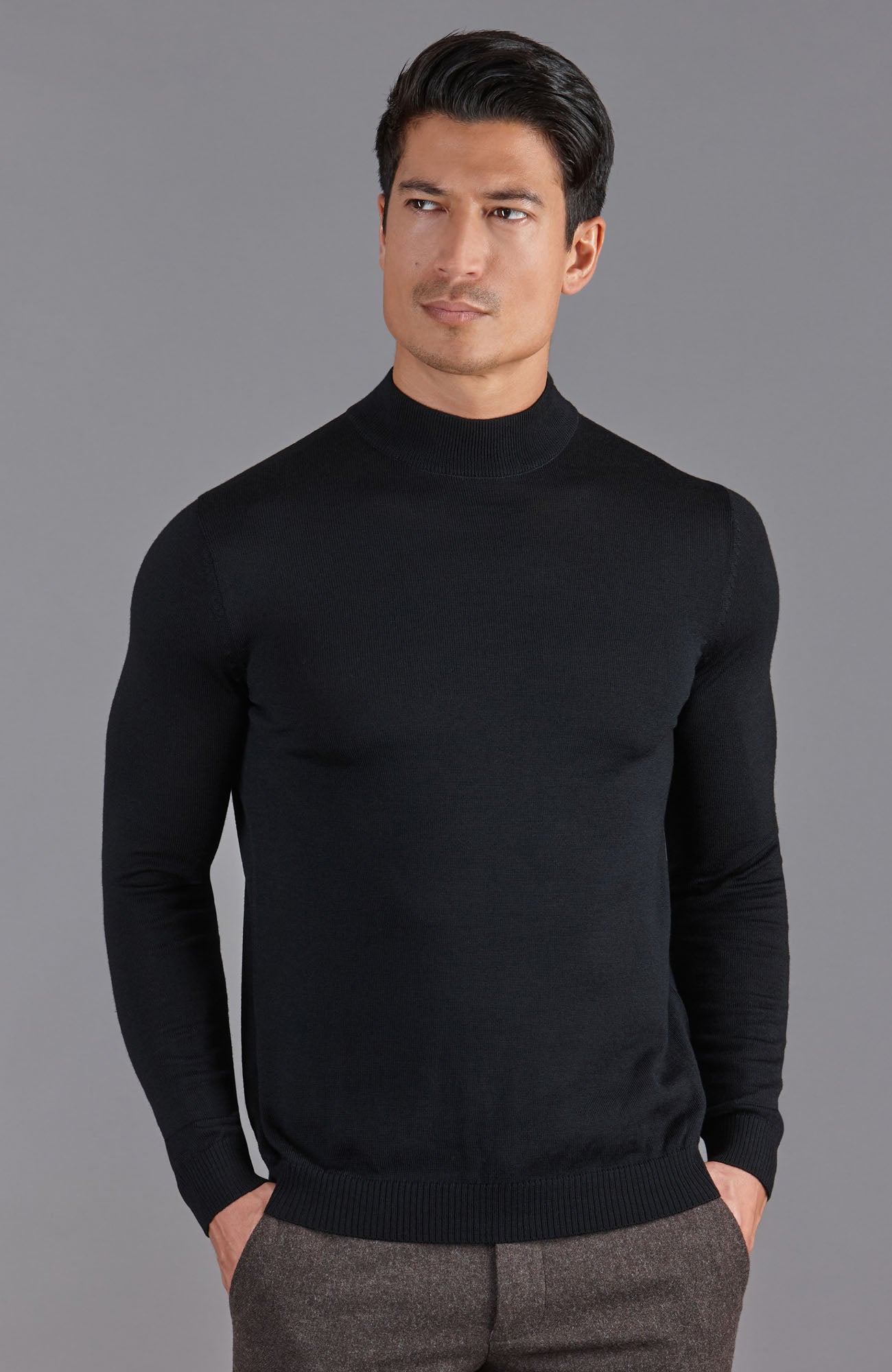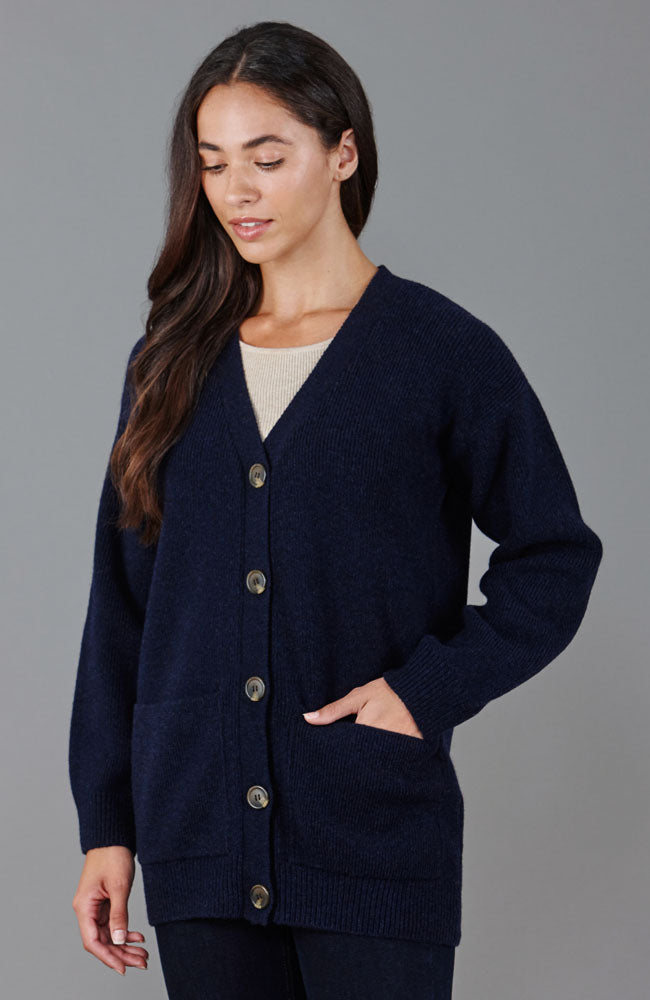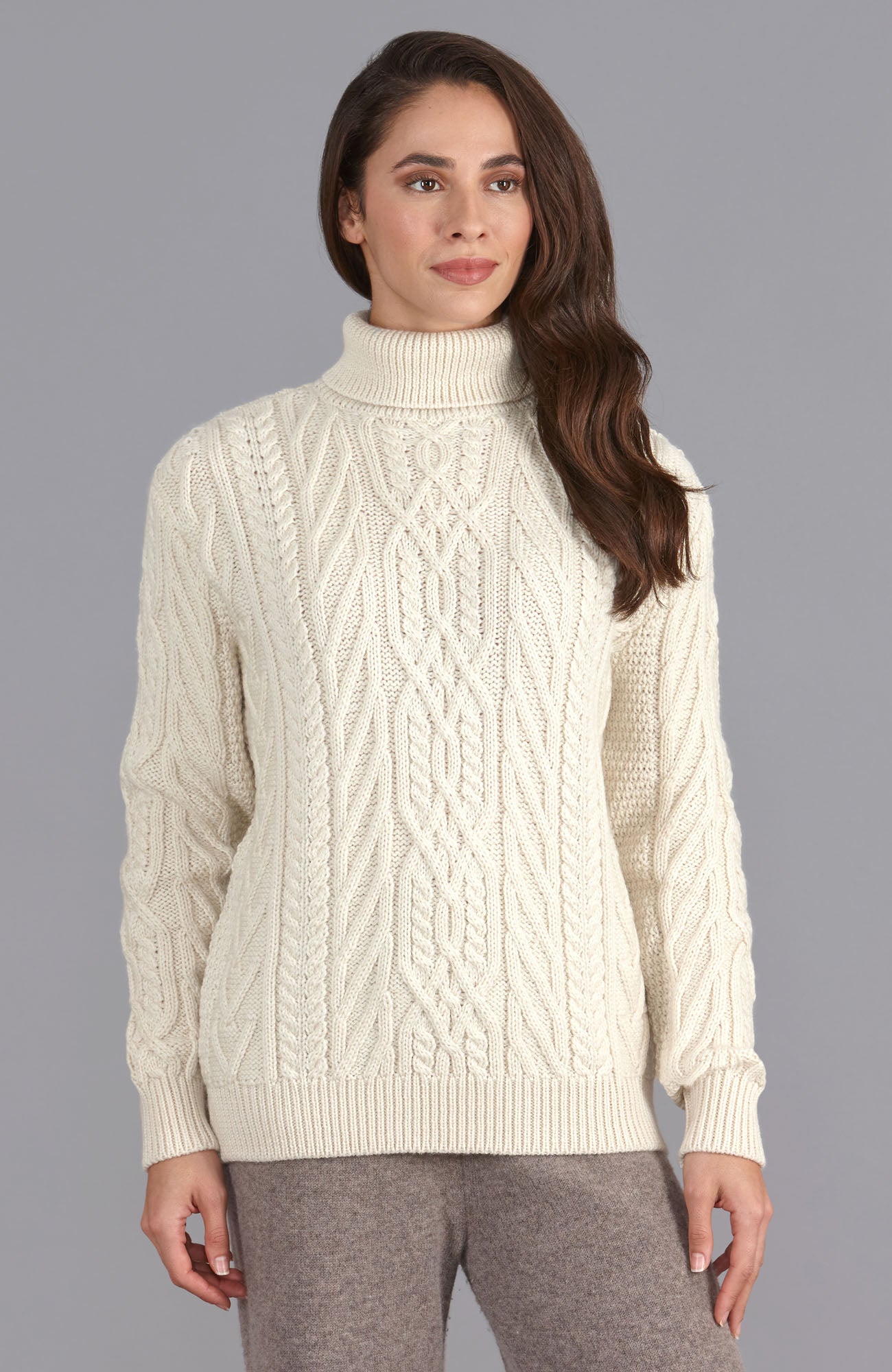The Advantages of British Wool Over Synthetic Fibres
When choosing textiles for clothing, home furnishings, or outdoor gear, the debate between natural and synthetic materials often arises. British wool, a highly regarded natural fibre, offers many benefits over synthetic alternatives. From its superior warmth to sustainable production, wool has long been the fabric of choice for those seeking quality and comfort. This article explores the advantages of British wool and why it remains a preferred option over synthetic fibres.

Sustainability and Environmental Impact
One of the most significant benefits of British wool is its sustainability. Wool is a renewable resource produced by sheep that are shorn annually without harm. The wool grows back naturally, providing a continuous supply. In contrast, synthetic fibres, like polyester or nylon, are derived from non-renewable petroleum-based materials, contributing to environmental pollution.
Moreover, wool is biodegradable. When discarded, wool decomposes naturally, returning nutrients to the soil and leaving no harmful residue. Synthetic fibres, on the other hand, take hundreds of years to break down, adding to landfill waste and releasing microplastics into the environment.
British wool stands out as a low-impact, eco-friendly choice in a world increasingly focused on sustainability. Choosing wool over synthetics helps reduce your environmental footprint while supporting sustainable farming practices.
Natural Warmth and Comfort

Wool has been prized for centuries for its ability to keep the body warm in cold weather. British wool, especially Merino wool, offers exceptional insulation properties. The fibres create tiny air pockets that trap body heat, keeping you warm even in harsh conditions. Unlike synthetic fibres, which can often feel cold to the touch, wool adapts to your body temperature, making it an ideal fabric for varying climates.
Wool is also naturally breathable and moisture-wicking. It absorbs up to 30% of its weight in moisture without feeling wet, pulling perspiration away from your skin and helping you stay dry. This makes wool a superior choice for winter wear and performance gear, where staying dry is just as important as staying warm. Synthetic materials often lack this absorbent quality, trapping moisture and making you uncomfortable over time.
Durability and Longevity
British wool is known for its high durability. Wool fibres are naturally strong, giving the material a long lifespan. Items made from British wool, whether a woollen sweater or a coat, can withstand years of wear and still retain their shape and texture. Wool's resilience helps it resist pilling and general wear-and-tear better than many synthetic alternatives, which tend to lose shape and degrade more quickly.
Because of wool’s strength, it remains a high-quality investment that pays off in the long run. Although woollen products might come with a higher upfront cost than synthetic options, their longevity means you won’t need to replace them as often, making them a more economical choice.
Breathability and Temperature Regulation
One of the unique qualities of British wool is its ability to regulate temperature. Wool fibres have a crimped structure, which allows the material to trap air and provide insulation when it’s cold, but it also lets air flow freely, preventing overheating. This characteristic makes wool an excellent material for layering, ensuring comfort in cool and mild conditions.
Synthetic fibres, in contrast, often lack this level of breathability, causing them to trap heat and moisture against the skin. Wool's ability to adapt to different environments makes it an ideal material for everything from sweaters to outdoor clothing, ensuring comfort year-round.
Naturally Hypoallergenic and Fire-Resistant
Wool offers another key benefit for sensitive skin: it is naturally hypoallergenic. Wool fibres are less likely to irritate than synthetic fabrics, especially when using high-quality wools like Merino, which are incredibly soft and fine. Wool’s natural lanolin content can also help repel dust mites, making it a good option for people with allergies.
Final Thoughts: Why British Wool Is the Superior Choice
By choosing British wool, you support sustainable farming, reduce environmental impact, and enjoy a product that will serve you well for years. So, the next time you're debating between natural and synthetic fibres, remember the enduring benefits of wool—an investment in both quality and sustainability.
Related Articles:

















